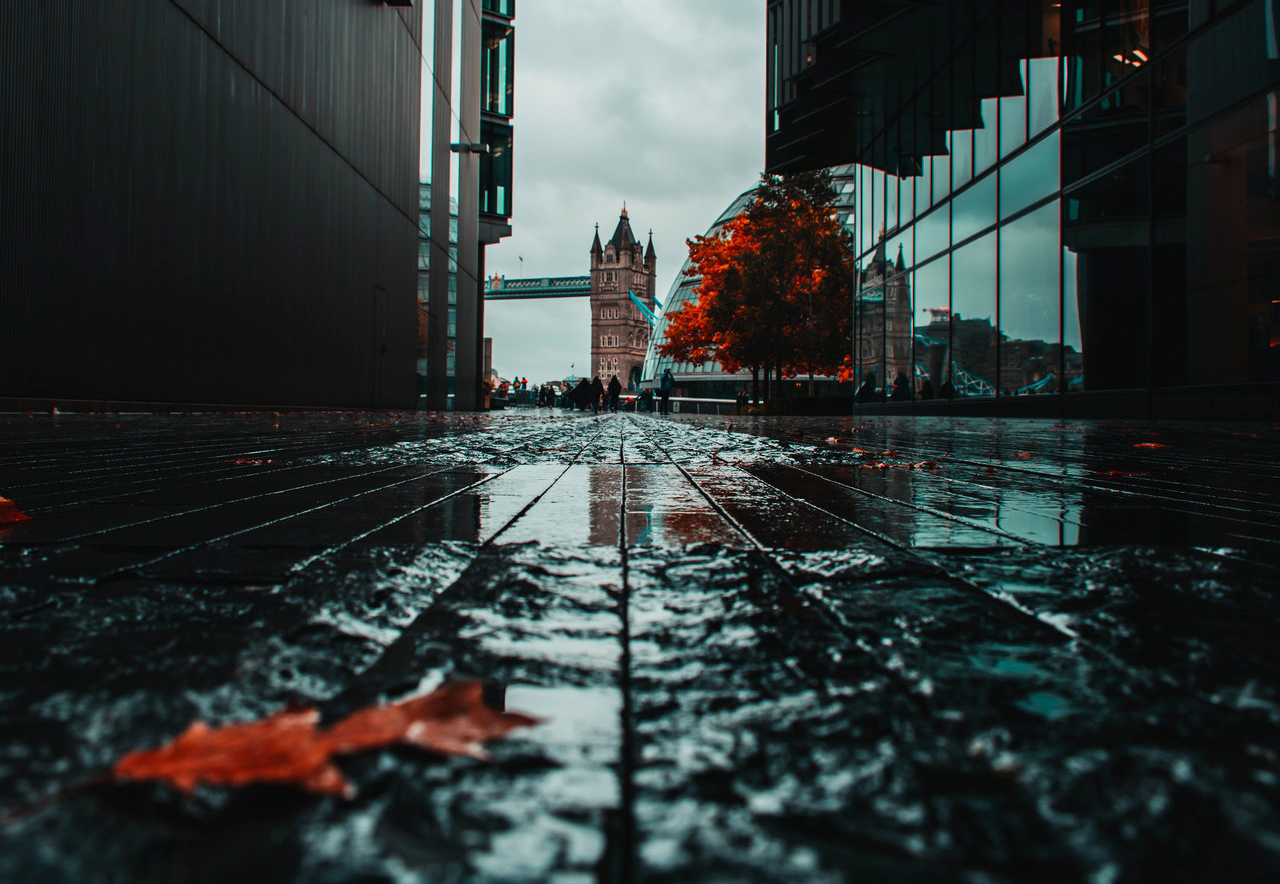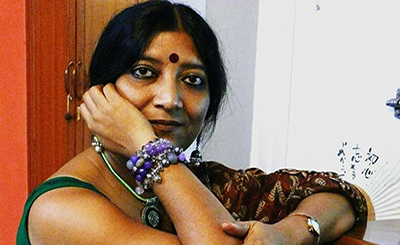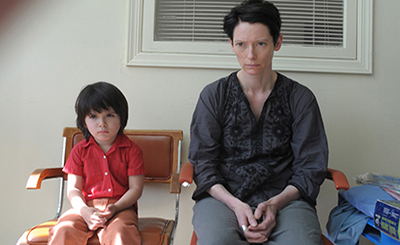
The idea of a poem circles in my head like a bird
I write across forms and genres, and in the last few years of my practice, mostly out of professional necessity, I have written far more prose than I have poetry. But in many ways poetry is my first love, and the form that I certainly find the most difficult. Even after years of trying to write poetry and studying the techniques and practices poets employ to make their verses robust, I still find something of the magical in the workings of the powerful poem. It is difficult to make a good poem because a good poem contains an essential paradox — it works with the precision of a needlepoint and the expansiveness of the sea. My favourite poems do something fresh with language and imagery, or with humour and tenderness. As I get older I grow more appreciative of seemingly simple language, because I recognise how difficult it is to work with it to create something true and piercing. My own practice consists of reading a lot of poetry; I try to devour as much as my life will allow. I typically have a poem — an idea, or an image, or a couple of lines — circling in my head like a bird for a few days until I write it down and the rest of it reveals itself to me. As in my prose, the rest of the work is often a surprise. It reveals itself in the writing.
Castletown Road
These nineteenth century verses, falling like rain on Castletown Road
In mouths that shape words differently in English and then Braj
Singing the song of the twelve months in seasons they do not know
Summer, then monsoon, then winter — distinct, like a palette.
The nayika’s demand for an embrace, that is the mouth forming
The A of an alaap, the sound escaping despite itself, the verses
Carrying on, as sure and as fragile as the turning of the seasons.
Winter in London is enlivened in cardamom fumes, a young boy
Who sings just like you, attempting to converse in the air with
Teachers that once lived in Gwalior. You sway on the harmonium,
Your ear matching micro-tones and the places between notes in the
Way that wood and keys cannot catch. The tanpura drones on,
Forming a circle around the girl dripping with sequins, accented
In a dozen tongues, the brittle diaspora of her old gold earrings
Illuminating the song. She could be my daughter some day,
Speaking in a tongue that is both familiar and alien to me.
Singing Sadarang and Sanad Piya with the jazz standard.
Bringing the chaiti home with her, in the shock of her hair.
Even here I feel the inexorable pressure to be tuneful
With home, with rituals that abandoned my lineage
A long time ago, with an inheritance that only comes to
Some of us, with the weight of history, with the memory
Of each evening raga wrapped in cotton wool, sung
Sweetly, finishing triumphantly in the early hours of the night,
Preserved yet softly changing with each outward breath.
for Prabhat Rao
Selections
Selections from Vernacular Newspapers, they called it,
In the dry language of Empire. Dust motes in the eyelid
Of time, eyes watching as a people furiously wrote and
Read each other, stories of outrage, despair, their own
Bigotries. You can find them laid out in black and white
In the British Library, where you may not enter without
A pass and then some others. Where the English are
Invited on the adventure of finding their ancestors in India,
As if they went on the banana pancake trail or on safari.
Not a British soldier who kicked to death a person that was
Merely “a native”, native cruelty winning over when it came
To other people’s children. A Bengali boy whipped, the gashes
On his body a testament to the eyes of Empire, always watching,
Watching even as it nodded off, even as the sun set, even as the
Long arm of the sky reached over drowned boats off a frozen cliff.
I read about the depredations of the dacoit on the railway.
The “beautiful Mohammedan lady” repeatedly referred to in
Newspaper articles about a man who assaulted her — as if
Beauty was an excuse, a reason. The people living with leprosy,
The “nefarious women” who were to be flung away from the centre
Of each colonial city. Only a century later they have already forgotten,
The children of Empire, on both sides of the ocean. Already the gashes
On the boy’s body have faded. Already the woman’s bones have set.
The essay and the poems are part of our Poetry Special Issue (January 2022), curated by Shireen Quadri. © The Punch Magazine. No part of this essay or the poems exclusively featured here should be reproduced anywhere without the prior permission of The Punch Magazine.
More from The Byword
Comments
*Comments will be moderated











